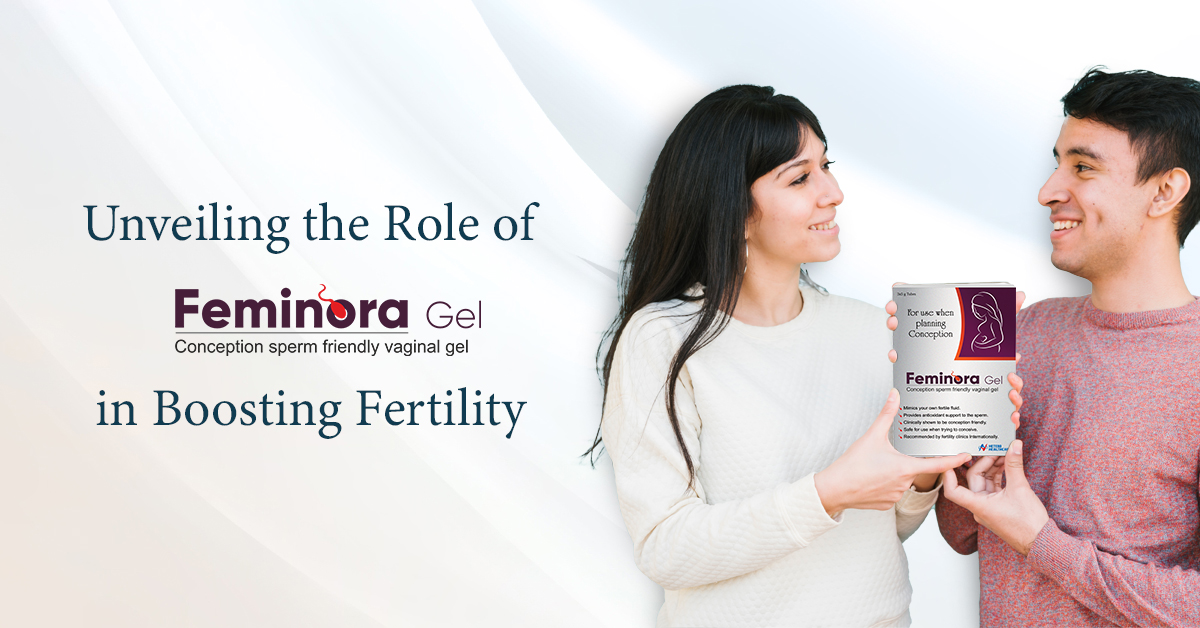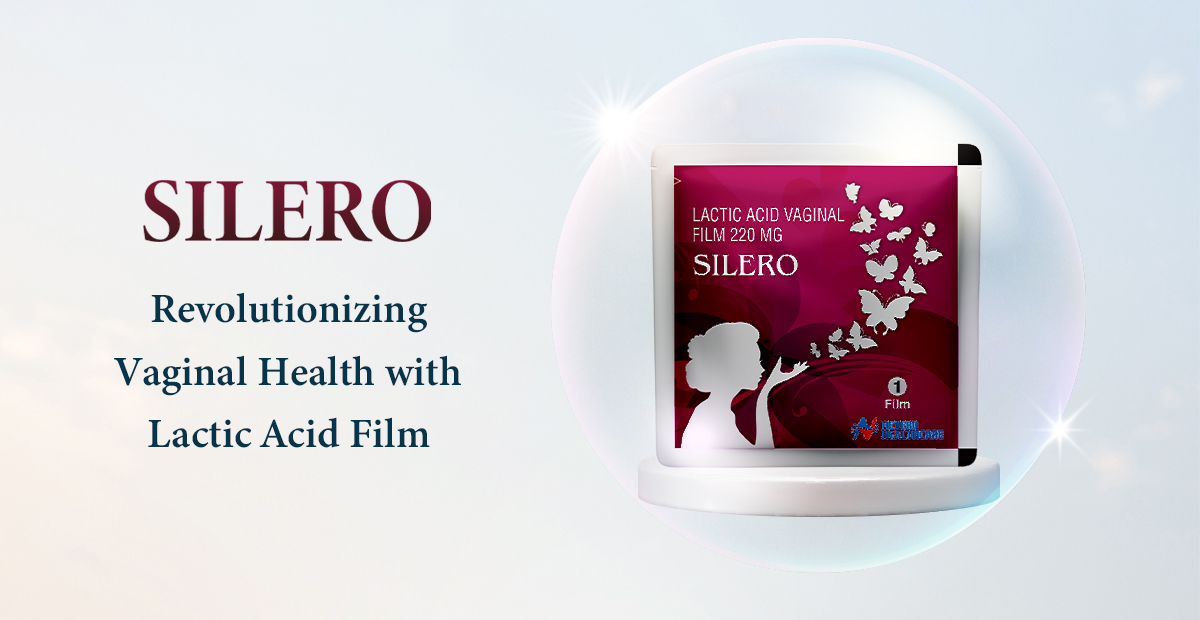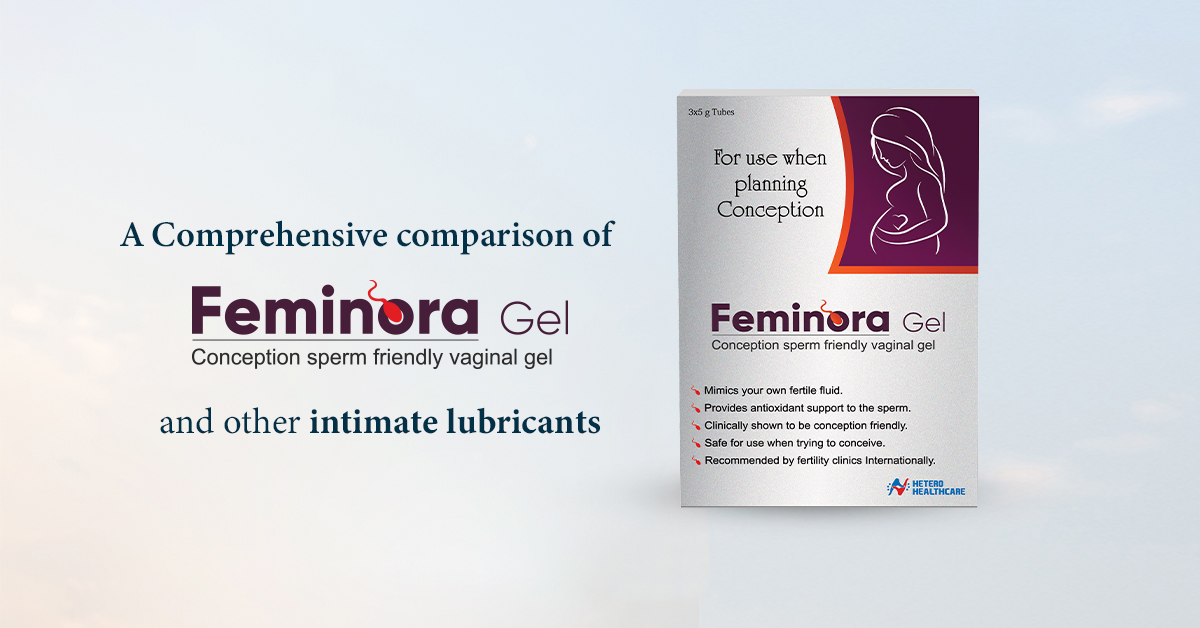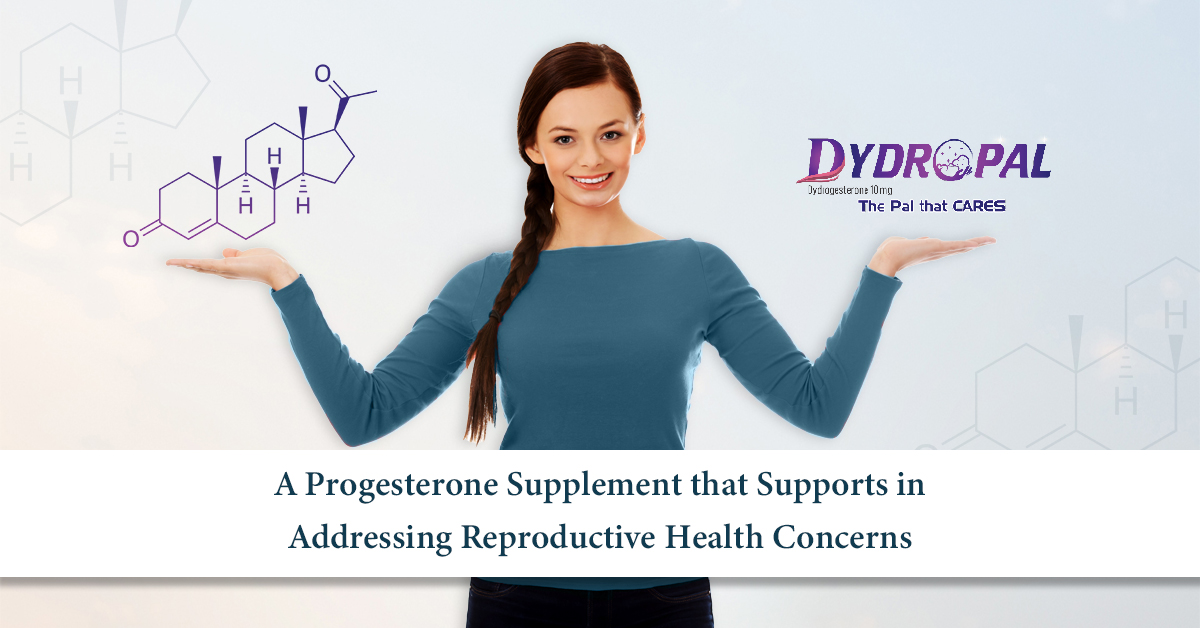7 Things you didn’t know about PCOS
Published on - 15 Sep 2022

Polycystic Ovary Syndrome [PCOS] is often an undiagnosed condition in which certain hormones are imbalanced. These imbalances result in irregular periods, higher levels of androgens [the male hormone], and small non-harmful cysts in the ovaries.
- PCOS is not a rare illness or a disease; it is an endocrine and metabolic disorder that affects your body, including your ovaries. If you have been diagnosed with PCOS, it’s not necessary that you would have ovarian cysts.
- It’s unknown what causes PCOS, but genetics, diet, and lifestyle may be responsible.
- PCOS is not correctly diagnosed at times and therefore is not treated appropriately, which can lead to serious health issues later.
- Not all women diagnosed with PCOS will have cysts in their ovaries. PCOS cysts are harmless and different from some ovarian cysts that grow, rupture, and cause pain.
- An irregular menstrual cycle does not necessarily mean that you have PCOS.
- Diet, exercise, and lifestyle changes contribute largely, toward preventing and managing PCOS.
- Women diagnosed with PCOS may ovulate less frequently and could be more prone to miscarriages, thus making PCOS a common cause of infertility.











